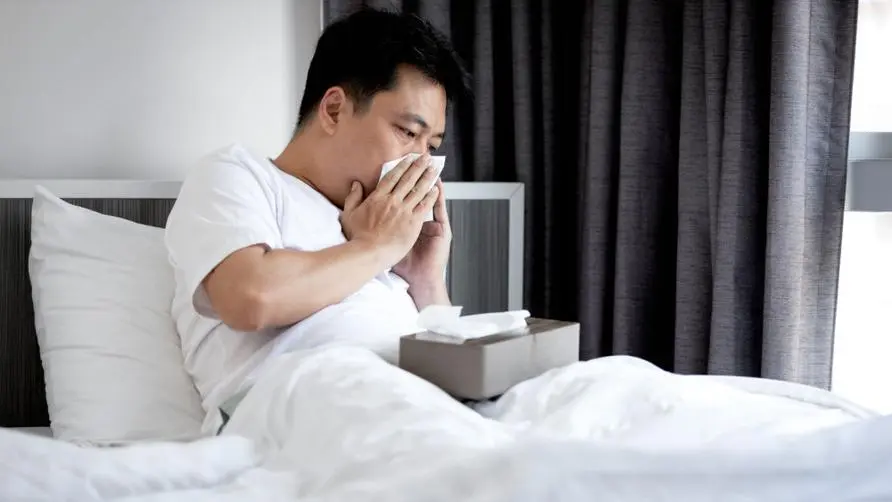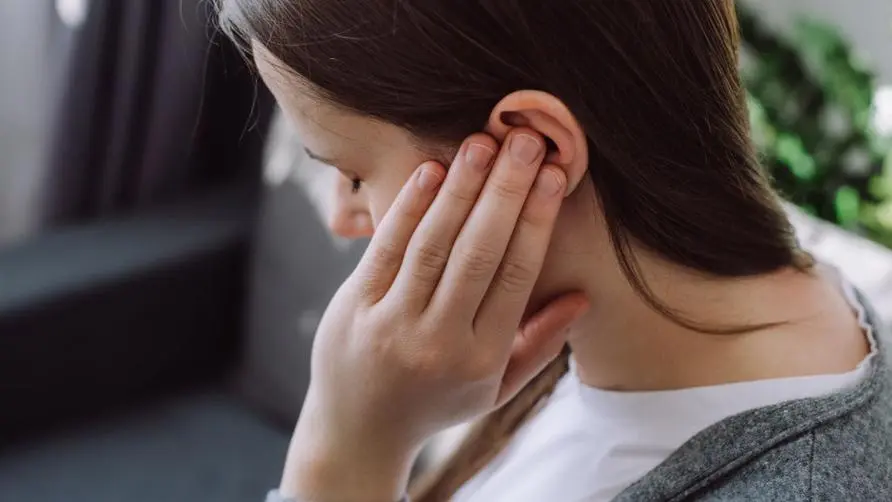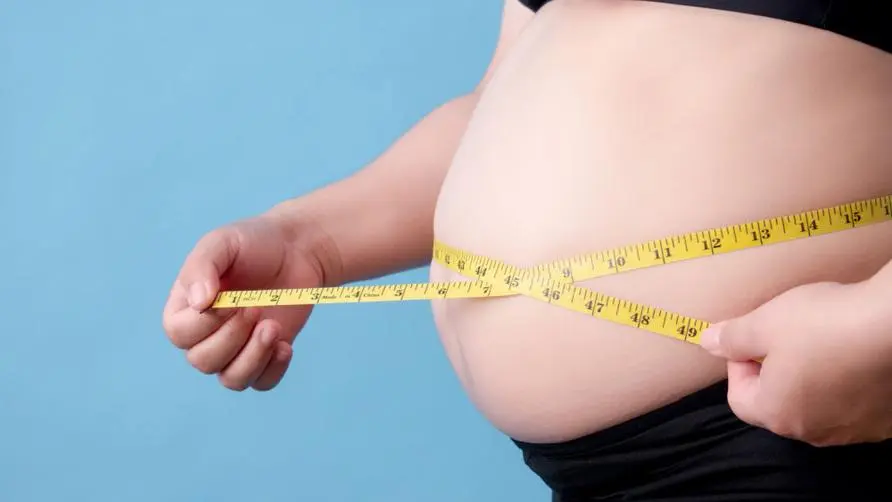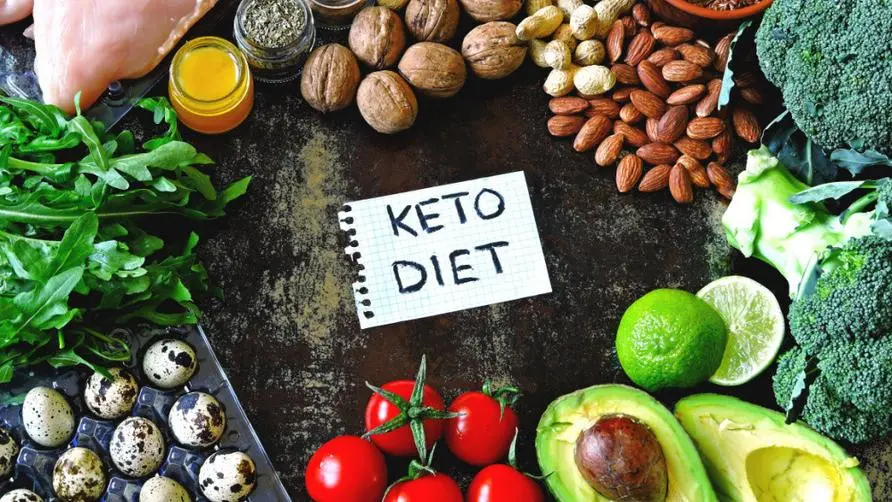It's best to eat dinner early! Research: Eating dinner at 9 o'clock increases the risk of cerebrovascular disease by 28%. The longer the night fast, the healthier?

Don’t eat dinner too late! Study: Cerebrovascular risk increased by 28%
Modern people lead busy lives, especially those in urban areas who are prone to “eating irregularly”. From the perspective of “chrononutrition”, under the same diet and rest, whether the eating time conforms to the circadian rhythm and the biological clock not only affects The digestive and metabolic process after food intake even indirectly affects cardiovascular events, including the incidence and mortality of coronary heart disease.
Time-Restricted Feeding (TRF) refers to extending the night fasting time to more than 12 hours. This type of diet has been found in animal experiments to help improve cardiovascular health indicators and is also considered to be beneficial to body weight. Reducing and lowering blood pressure and inflammation.
A recent prospective study tracking 103,000 people pointed out that if the first meal of the day is delayed by one hour, the risk of cardiovascular events (CVD) will increase by 6%; eating the last meal at 9 pm every day is better than eating at 8 pm. Stopping eating at one point is associated with a 28% relative increase in the risk of cerebrovascular disease.
Circadian rhythm affects eating, digestion and heart health
The organs of the human body involved in digestion, including the liver, kidneys, pancreas, etc., are all affected by the circadian rhythm. Similarly, cardiac metabolism and blood pressure regulation are also restricted by the circadian rhythm, showing a similar trend. To analyze whether daily eating periods affect the incidence of cardiovascular disease, the research team used adult data from the French “NutriNet-Santé” study. Observational study results show that night fasting time is inversely related to cerebrovascular disease. Fasting for one hour more at night reduces the risk of cerebrovascular disease by 7%.
The research team pointed out that eating breakfast (the first meal of the day) and dinner (the last meal of the day) too late is not the healthiest way. Eating the first meal of the day one hour later increases the risk of cardiovascular events by 6%; eating the last meal of the day at 9 o’clock compared with fasting at 8 o’clock increases the relative risk of cardiovascular events by 13% and the risk of cerebrovascular disease by 28%.
Who is most likely to eat breakfast and dinner too late? According to research and analysis, young people, those with higher levels of activity, students, singles, no family history of cardiovascular disease, smokers, those with high education levels, and those with low monthly income are more likely to have a eating pattern of delaying breakfast and dinner, and this group There are also higher rates of binge drinking and a general tendency to go to bed later. From a gender perspective, the association between eating time and cardiovascular disease risk seems to be more obvious among women.
Is eating too late a breakfast bad for your heart? Observational studies await clarification in the future
Current observational studies on eating time believe that if the first meal of the day is delayed by an average of 30 minutes, it may affect heart health, including blood pressure, C-reactive protein, insulin and blood sugar fluctuations, and a decrease in high-density lipoprotein cholesterol (HDL). All may have negative effects, and these indicators are related to cardiovascular event factors.
It can be inferred that a time-restricted diet in which the first and last meals of the day are taken earlier in the day will be more beneficial than fasting later in the day. Another prospective study also found that fasting for more than 13 hours at night and eating breakfast before 8 o’clock every day can help reduce the risk of type 2 diabetes. A case-control study in Spain also found that fasting time at night affects the risk of prostate cancer. The longer the fasting time at night, the lower the risk of prostate cancer.
However, the design of the prospective study uses dietary records to measure, and it is impossible to accurately assess the sleep duration and sleep status of the subjects, and it cannot rule out the effects of nighttime light exposure, recreational drugs, physical activity and exercise volume, and drug or alcohol use. Regarding the impact of circadian rhythm, in the future, more objective physical activity data may need to be collected by adding “acceleration gauge” data to truly clarify whether there is a clear causal link between eating time and cardiovascular disease.
Source: Dietary circadian rhythms and cardiovascular disease risk in the prospective NutriNet-Santé cohort
Extended reading: Is the 168 fasting method a “myth busted”? American Heart Association: Weight loss is not as effective as “caloric restriction”





